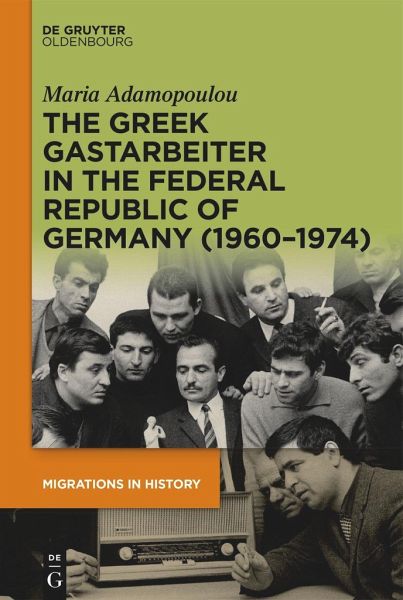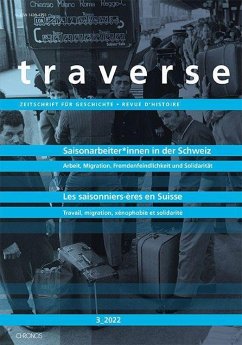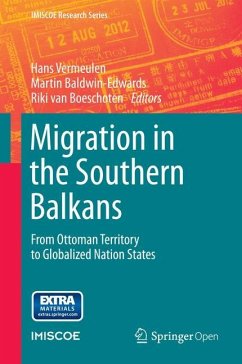Nicht lieferbar

The Greek Gastarbeiter in the Federal Republic of Germany (1960-1974)
Versandkostenfrei!
Nicht lieferbar
Was migration to Germany a blessing or a curse? The main argument of this book is that the Greek state conceived labor migration as a traineeship into Europeanization with its shiny varnish of progress. Jumping on a fully packed train to West Germany meant leaving the past behind. However, the tensed Cold War realities left no space for illusions; specters of the Nazi past and the Greek Civil War still haunted them all. Adopting a transnational approach, this monograph retargets attention to the sending state by exploring how the Greek Gastarbeiter's welfare was intrinsically connected with th...
Was migration to Germany a blessing or a curse? The main argument of this book is that the Greek state conceived labor migration as a traineeship into Europeanization with its shiny varnish of progress. Jumping on a fully packed train to West Germany meant leaving the past behind. However, the tensed Cold War realities left no space for illusions; specters of the Nazi past and the Greek Civil War still haunted them all. Adopting a transnational approach, this monograph retargets attention to the sending state by exploring how the Greek Gastarbeiter's welfare was intrinsically connected with their homeland through its exercise of long-distance nationalism. Apart from its fresh take in postwar migration, the book also addresses methodological challenges in creative ways. The narrative alternates between the macro- and the micro-level, including subnational and transnational actors and integrating a diverse set of primary sources and voices. Avoiding the trap of exceptionalism, it contextualizes the Greek case in the Mediterranean and Southeast European experience.










